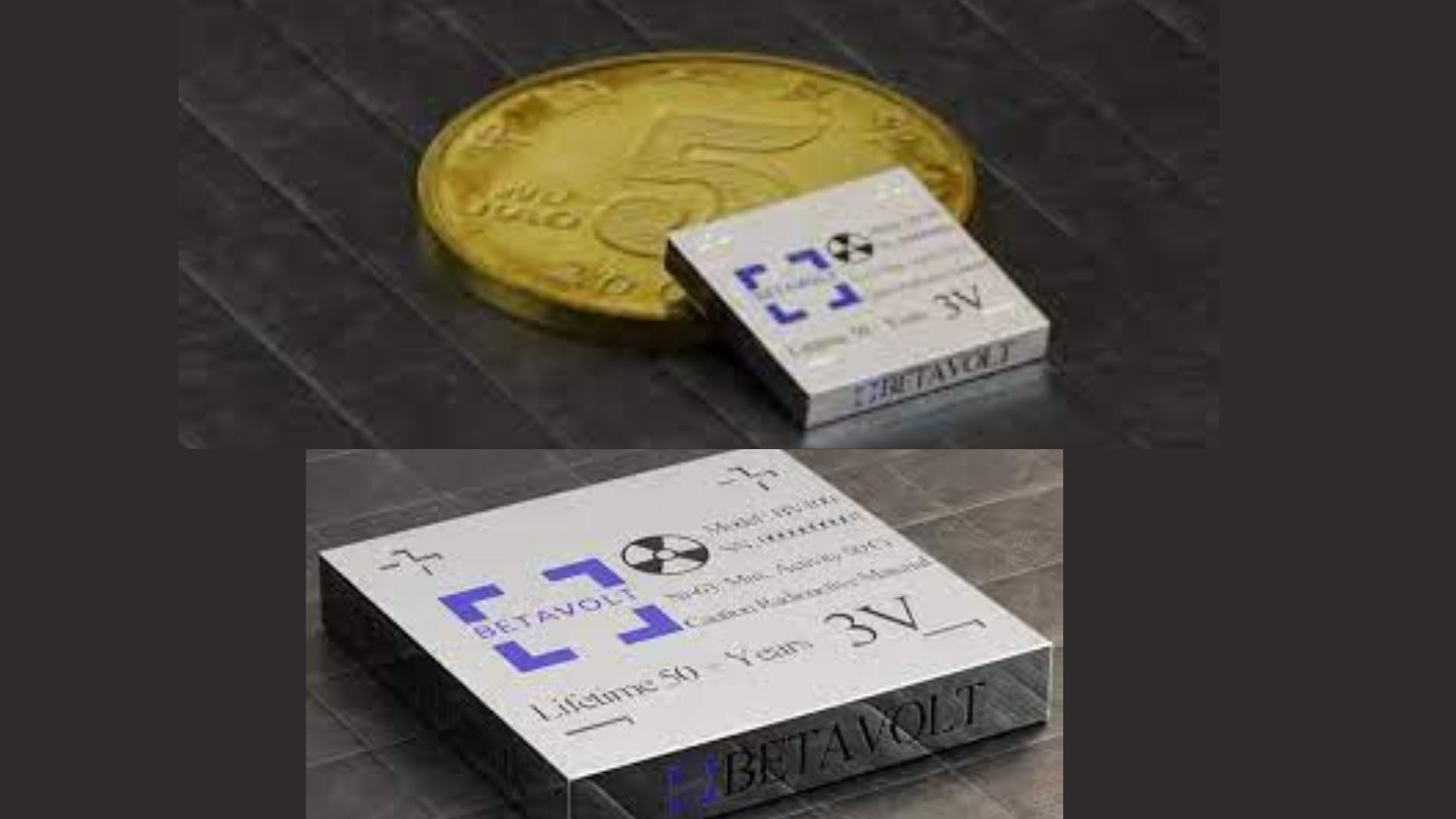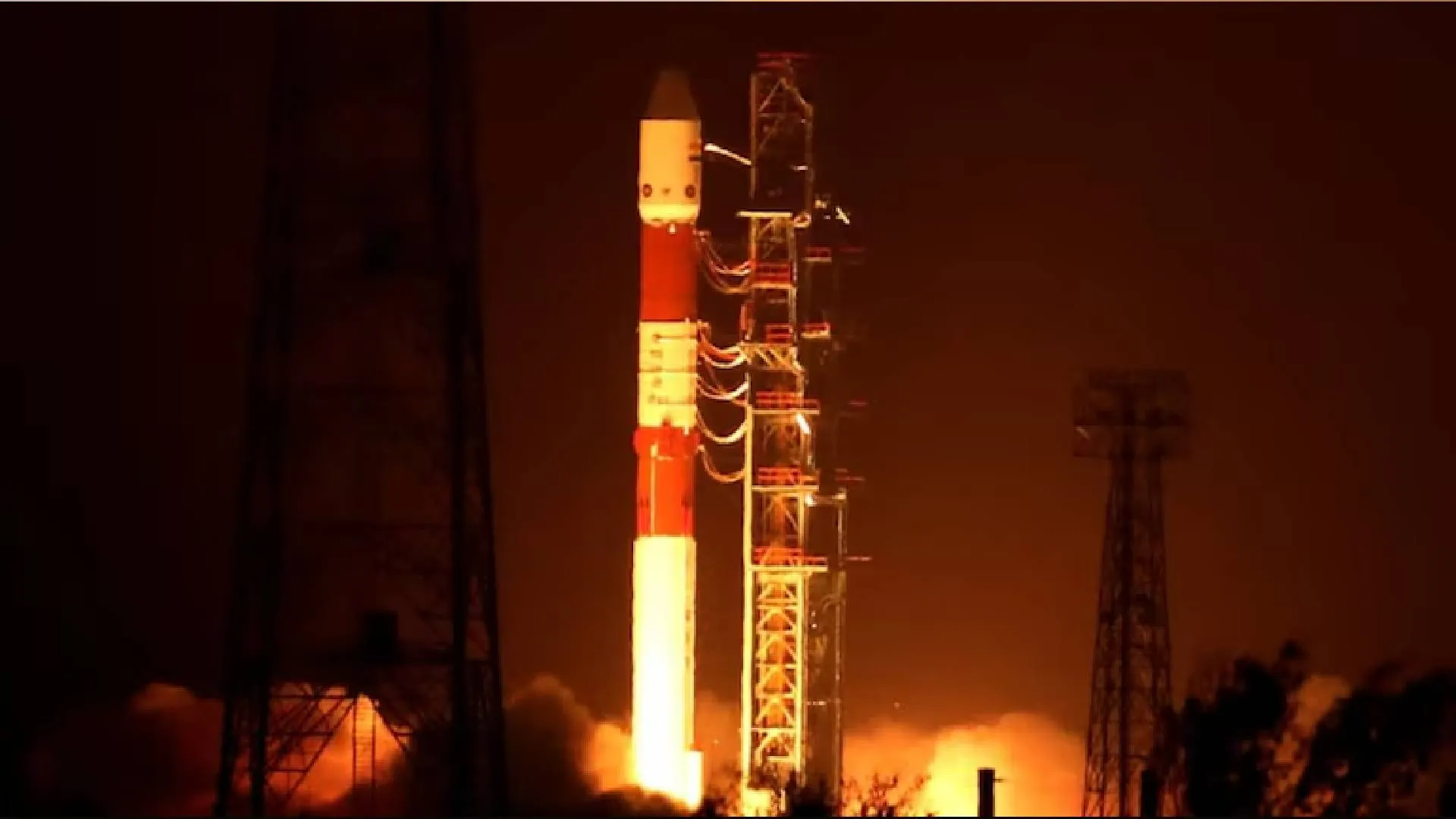Betavolt, a Chinese startup, claims to have developed a revolutionary nuclear battery with a 50-year lifespan, eliminating the need for charging or maintenance. Termed the world’s first miniaturized atomic energy battery, it accommodates 63 isotopes in a module smaller than a coin, measuring 15 x 15 x 5 millimeters. Despite its diminutive size, the battery currently produces 100 microwatts of power at 3 volts, with a goal to achieve a 1-watt output by 2025.
Betavolt envisions diverse applications for its innovation, including aerospace, AI equipment, medical devices, microprocessors, advanced sensors, small drones, and micro-robots. The startup assures that the emitted radiation poses no threat to the human body, rendering it suitable for medical devices such as pacemakers.
The technology harnesses energy from decaying isotopes, converting it into electricity. China has been actively engaged in the miniaturization of nuclear batteries under its 14th Five-Year Plan from 2021-2025.
View this post on Instagram
Employing a layered design to prevent fire or explosion due to sudden force, the battery is claimed to operate efficiently in temperatures ranging from -60 degrees Celsius to 120 degrees Celsius.
Betavolt underscores the environmental friendliness of atomic energy batteries, with isotopes transforming into a stable, non-radioactive copper isotope after the decay period. The startup anticipates commencing mass production once testing and regulatory clearances are successfully completed.























